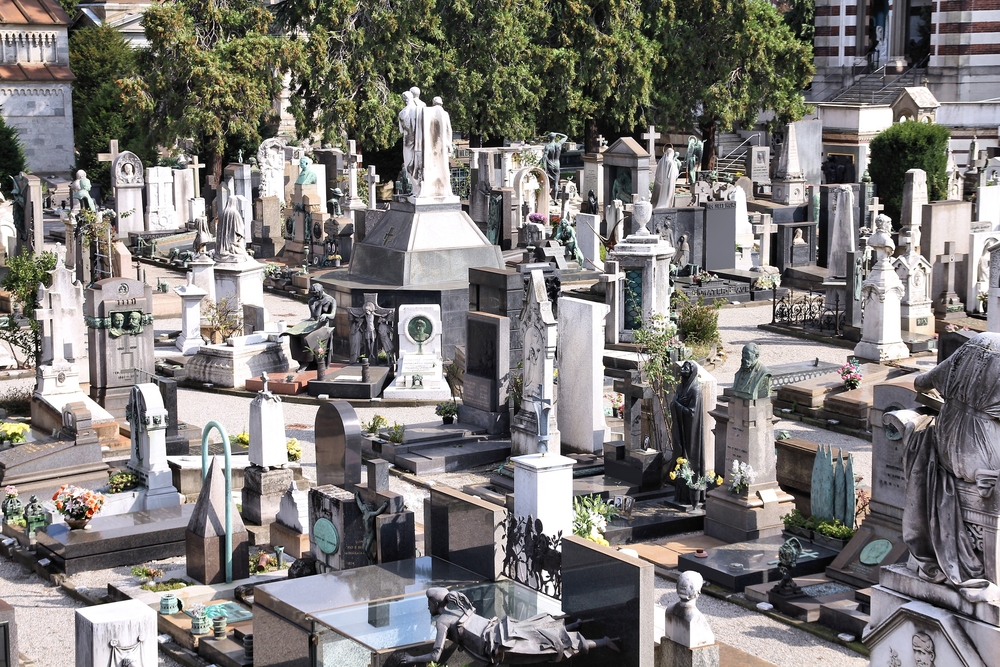On November 1st, the Catholic Church commemorates Ognissanti (All Saints’ Day), a feast dedicated to remembering all those who have distinguished themselves through Christian virtues, their character, or their actions—essentially, the saints. This celebration recognizes not only the canonized saints but also all who have led lives of faith and goodness.
The origins of All Saints’ Day likely date back to the early centuries of the Church, primarily as a means to honor martyrs—individuals who steadfastly witnessed their Catholic faith despite facing violence and persecution. The term “martyr” itself derives from the ancient Greek word màrtus (μάρτυς), meaning “witness.” The first pope to establish a specific feast for the martyrs was Pope Boniface IV, who on May 13, 610, consecrated the Pantheon in Rome and dedicated that day to those who had died as martyrs in previous centuries. Two centuries later, Pope Gregory IV moved the celebration to November 1st, expanding it to include all saints.
The choice of November 1st by Gregory IV remains somewhat unclear. Some historical interpretations suggest that this date was selected to align with various pagan festivals occurring during that time, aiming to create continuity with pre-existing traditions. Among these is Samhain, a Celtic festival marking the end of summer, which is believed to have influenced modern Halloween celebrations.

